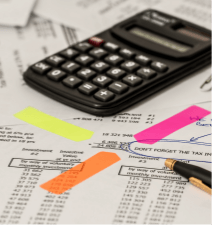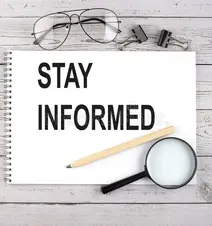Here is an overview of Big Spring’s Tax situation.
Big Spring Among Highest in Cumberland County School District Tax Rates (2023–2024)
Property taxes are a key component of how Pennsylvania school districts fund education, and the millage rate—the amount per $1,000 of assessed property value—is the primary metric by which this tax is calculated. For the 2023–2024 fiscal year, Big Spring School District ranks among the top three highest taxing school districts in Cumberland County, based on millage rates.
Cumberland County School District Millage Rates (2023–2024)
| School District | Millage Rate (2023–2024) |
|---|---|
| Camp Hill School District | 18.4026 mills |
| Carlisle Area School District | 15.9729 mills |
| Big Spring School District | 15.8877 mills |
| Mechanicsburg Area School District | 15.7022 mills |
| East Pennsboro Area School District | 14.2716 mills |
| West Shore School District | 13.5621 mills |
| Shippensburg Area School District | 13.4820 mills |
| South Middleton School District | 12.3022 mills |
| Cumberland Valley School District | 11.337 mills |
Big Spring’s millage rate of 15.8877 reflects a 2.5% increase over the previous year, and places the district third-highest in the county—only slightly below Carlisle Area and Camp Hill, which hold the top two spots.
What This Means for Taxpayers
For a homeowner in the Big Spring School District with a property assessed at $150,000 (based on 2010 valuations), the school portion of the property tax would be approximately $2,383 per year. While Big Spring is a largely rural district, its tax burden is competitive with more suburban areas like Mechanicsburg and significantly higher than districts like Cumberland Valley and South Middleton.
Balancing Taxation with Outcomes
This higher tax rate comes at a time when Big Spring has experienced a 24% drop in student enrollment since 2003, while staffing levels have increased by nearly 13%. At the same time, student academic performance has continued to decline, raising important questions about resource allocation and educational outcomes.
Looking Ahead
As Big Spring and other districts prepare budgets for the upcoming year, stakeholders—from school boards to taxpayers—will be closely evaluating how tax dollars are being used. With one of the highest millage rates in the county, Big Spring faces increased pressure to demonstrate improved results and fiscal responsibility.
Why Julie for Big Spring
Board member Julie Boothe played a pivotal role in holding the line on taxes for the 2024–2025 school year. Her decisive “No” vote helped stop a proposed increase, reflecting her firm stance on fiscal responsibility and the need to prioritize efficient use of existing resources. Julie has continued her advocacy by opposing the 1% tax hike approved for 2025–2026, calling for smarter budgeting and greater accountability before turning to taxpayers for more revenue. Her efforts have positioned her as a strong voice for the community and a check on unchecked spending.



